Refine search
Actions for selected content:
48276 results in Computer Science
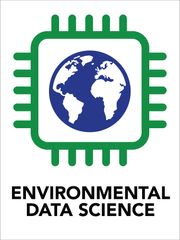
Environmental Data Science
-
- Journal
-
- You have access: full
- Open access
-
The Ada Companion Series
- Series
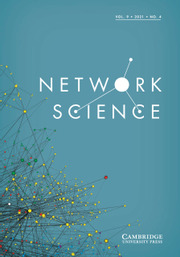
Network Science
-
- Journal
-
- You have access: full
- Open access
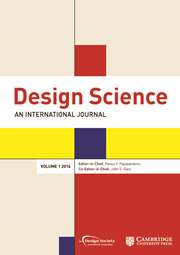
Design Science
- Published for: Published in collaboration with The Design Society
-
- Journal
-
- You have access: full
- Open access

Robotica
-
- Journal
-
- Get access
- Contains open access
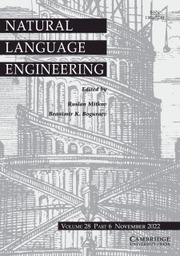
Natural Language Engineering
-
- Journal
-
- You have access: full
- Open access
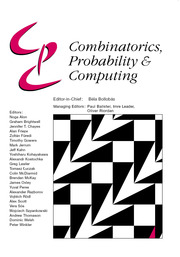
Combinatorics, Probability and Computing
-
- Journal
-
- Get access
- Contains open access
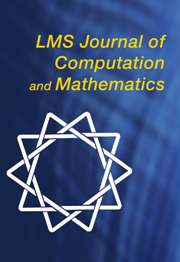
LMS Journal of Computation and Mathematics
-
- Journal
-
- You have access: past subscription
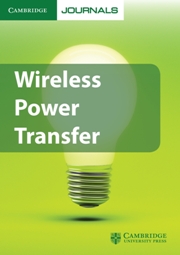
Wireless Power Transfer
-
- Journal
-
- Get access
- Contains open access
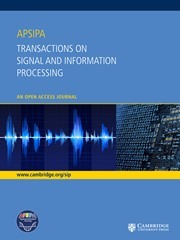
APSIPA Transactions on Signal and Information Processing
-
- Journal
-
- You have access: full
- Open access
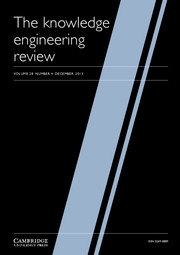
The Knowledge Engineering Review
-
- Journal
-
- You have access: full
- Open access

ReCALL
- Published for: the European Association for Computer-Assisted Language Learning (EUROCALL)
-
- Journal
-
- You have access: full
- Open access
-
Lecture Notes in Logic
- Series
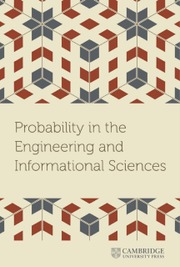
Probability in the Engineering and Informational Sciences
-
- Journal
-
- You have access: full
- Open access
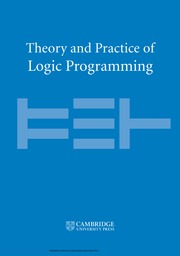
Theory and Practice of Logic Programming
- Published for: In association with the Association for Logic Programming
-
- Journal
-
- You have access: full
- Open access
